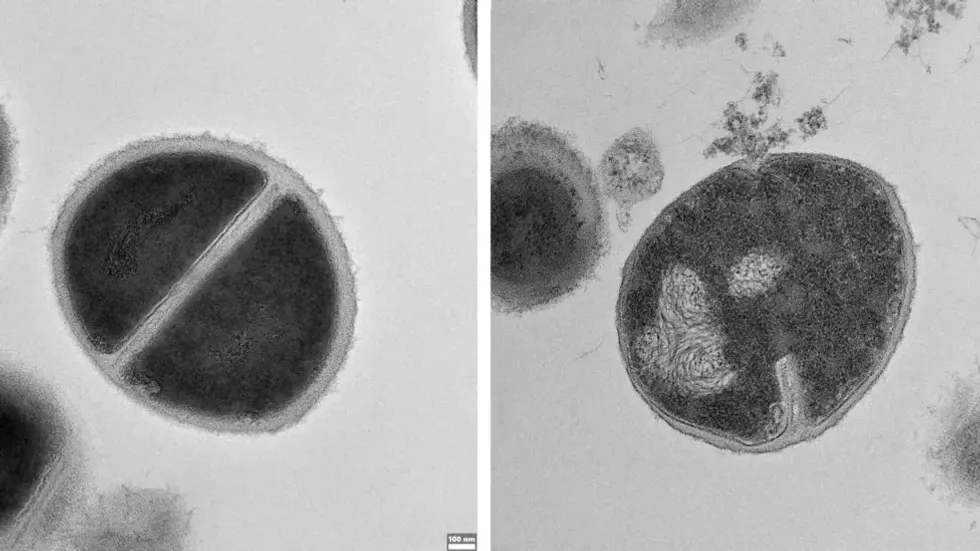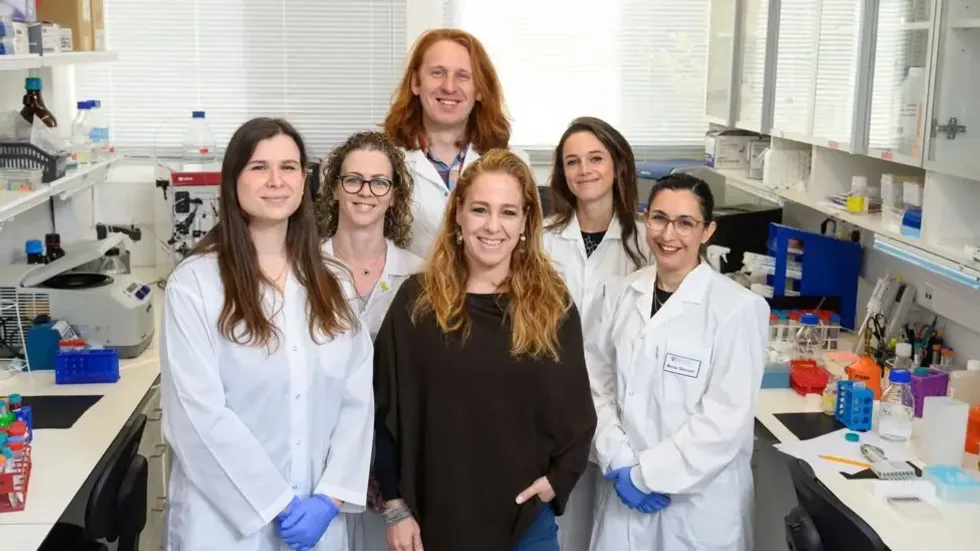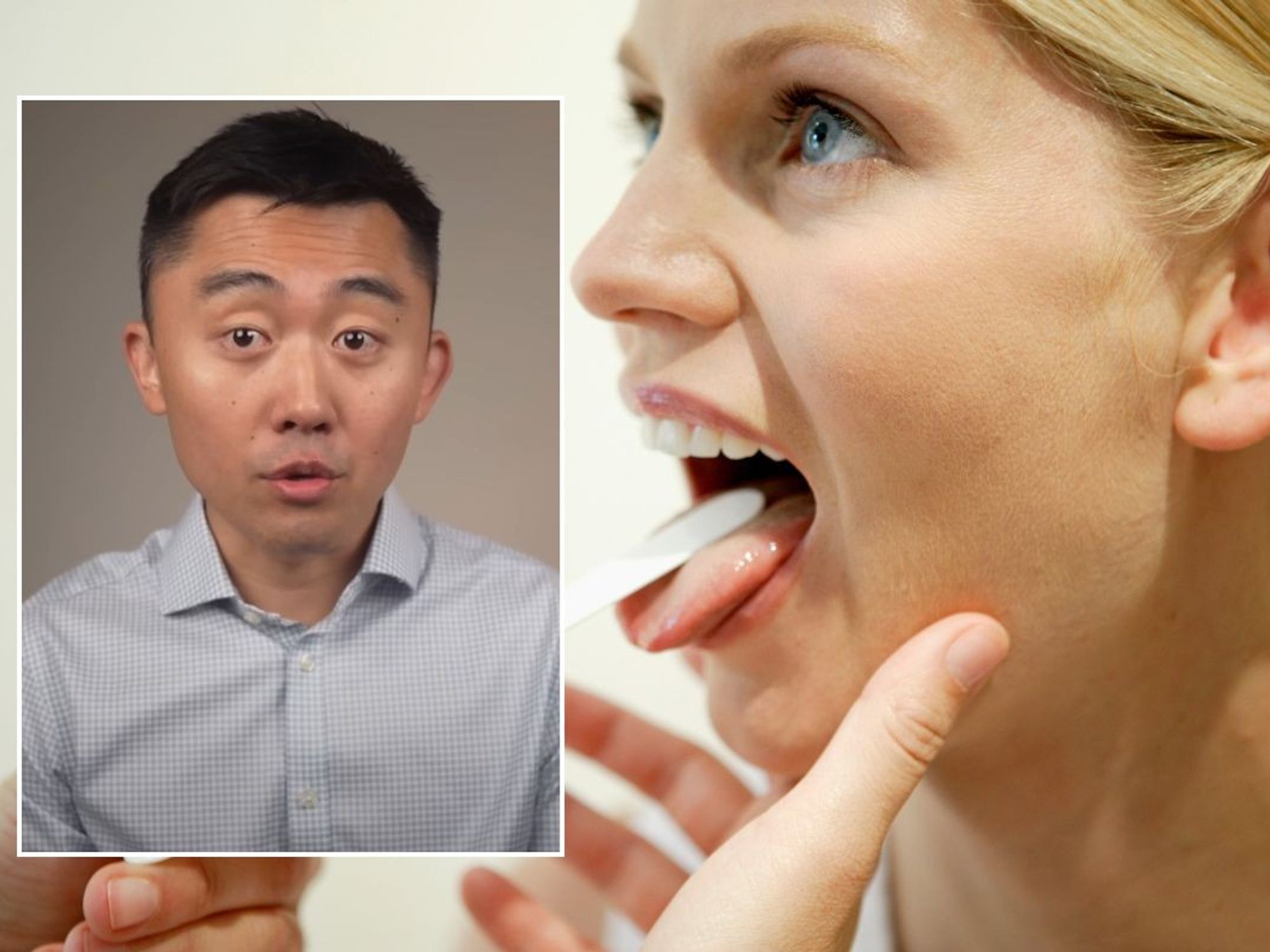WATCH: Michelle Dewberry speaks to cancer victim and campaigner Susan Farrall
GB NEWS
The discovery comes amid a growing problem of drug-resistant superbugs
Don't Miss
Most Read
Trending on GB News
Scientists have discovered a new part of the immune system which could revolutionise our understanding of how we are protected against infection.
In a series of breakthrough experiments detailed in the journal Nature, researchers focussed on a part of the cell which recycles proteins.
The researchers found the proteasome – a tiny structure found in every cell of the body which chops up old proteins for recycling – is also capable of releasing bacteria-killing chemicals.
Professor Yifat Merbi, from the Weizmann Institute of Science, told the BBC the discovery is “really exciting”.

The findings could revolutionise our understanding of how we are protected against infection
GETTY
“We never knew that this was happening,” he said.
“We discovered a novel mechanism of immunity that is allowing us to have a defence against bacterial infection.
“It's happening throughout our body in all the cells, and generates a whole new class of potential natural antibiotics.”
The series of experiments reported in Nature demonstrate that proteasome can detect when a cell has been infected by bacteria.
The structure then utilises old proteins to rip the outer layer of the bacteria open, before killing them.
MORE HEALTH NEWS:
Staphylococcus bacteria being destroyed as outer shell broken off by antimicrobials made by the proteasome
WEIZMANN INSTITUTE OF SCIENCE
The proteasome response was tested on laboratory-grown bacteria, as well as mice with pneumonia and sepsis.
Researchers said the results were comparable with some established antibiotics.
Once the proteasome was disabled, the cells were found to be much easier to infect with bacteria like Salmonella.
Senior lecturer in microbiology at King's College London Dr Lindsey Edwards also told the broadcaster: “It's a potential goldmine for new antibiotics, that's quite exciting.
“In previous years it's been digging up soil [to find new antibiotics], it is wild that it's something we have within us, but comes down to having the technology to be able to detect these things.”

Prof Yifat Merbl (centre back right)
WEIZMANN INSTITUTE OF SCIENCE
Professor Danile Davis, head of life sciences and an immunologist at Imperial College London, told the BBC that the findings changed our understanding of how our body fights infection and were “extremely provocative and very interesting”.
“What's really exciting about this, is it's a totally undiscovered process by which anti-germ molecules are made inside our cells, it feels profoundly important and surprising”, he said.
However, he warned that transforming this into a new source of antibiotics will take time as it “still needs to be tested”.
The discovery could reportedly offer an alternative to conventional antibiotics and revolutionise the treatment of infectious diseases, amid the growing problem of drug-resistant superbugs.
Antimicrobial resistance occurs when a disease or infection becomes immune to common treatments.
According to a recent report from the National Audit Office, this contributes to over 35,000 deaths a year in the UK.
Merbi added: “These findings pave the way for previously undescribed diagnostic and therapeutic strategies in the fight against infectious diseases.”







